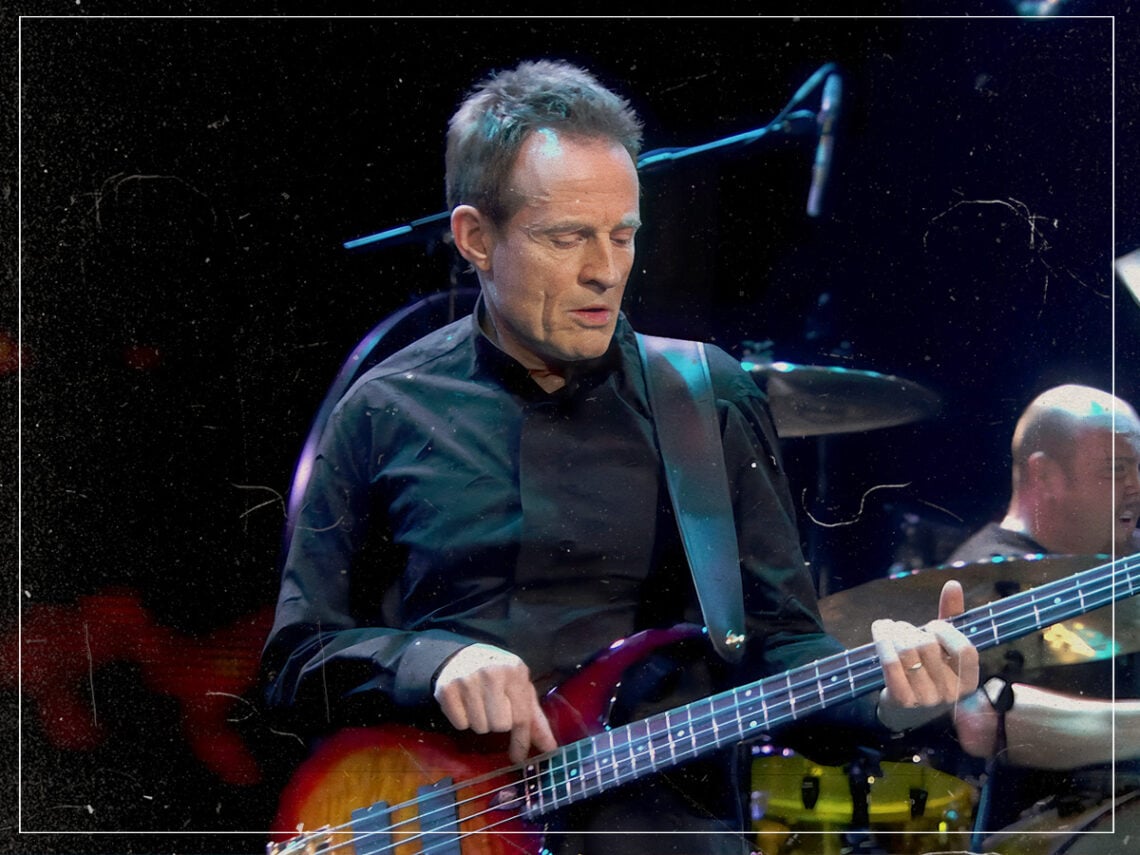The idea of a perfect musician differs from individual to individual, and there is no artist that every rock fan would collectively put in this lofty position. However, when it comes to the bass guitar, few are better placed to offer their perspective regarding the greats of the instrument than Led Zeppelin‘s John Paul Jones.
Since rock music started to take form in the 1950s, various icons have come along to progress the bass guitar as an instrument and take it to new heights. Over the decades, fans have been blessed with an array of magnificent bass players, such as James Jamerson, Jack Bruce, Bootsy Collins, Flea and Les Claypool. Each of those names redefined the instrument’s capabilities with their respective oeuvres, producing absolute treasure troves of genius.
However, while the aforementioned names often come up in discussions about legendary rock musicians, Led Zeppelin’s John Paul Jones is mentioned less frequently despite his band being a groundbreaking force in rock music. One major reason Jones’ contributions are often overlooked is that he shared the stage with the larger-than-life personalities of John Bonham, Robert Plant, and Jimmy Page. Nevertheless, Jones was a crucial component who made the rest of the band function seamlessly.
Like Page, Jones began working as a session musician after playing in bands such as The Deltas as a teenager. During this apprenticeship, the bassist cut his teeth and refined his craft to the extent that he elevated the music of all those he worked for. It was an exciting period of his life, and not only did he learn how to get to grips with how to operate in a studio environment, but he also performed on the records of some of the most prominent acts of the day, including Donovan, The Rolling Stones, Lulu, Dusty Springfield and Cat Stevens.
Before too long, in 1968, Jones was enlisted for Page’s new group, The New Yardbirds, who would eventually become Led Zeppelin. The rest was history, and by the dawn of the 1970s, they had dethroned The Beatles as the biggest group on earth, a testament to their combined talent.
Although Led Zeppelin moved rock in a new direction, they greatly admired The Beatles. When talking to NME in 1970 as part of his first major interview, Jones discussed his favourite bassists. After naming jazz greats such as Ray Brown and Charles Mingus and the work of Motown players, he showered praise on Paul McCartney.
“You can’t get away from [Motown],” Jones explained to the publication. “Every bass player in every rock group is still doing Motown phrases, whether he wants to admit it or not.”
Jones then turned his attention to his generation’s two most popular bassists. The Led Zeppelin co-founder labelled Cream’s Jack Bruce as “very good” but caveated his point by revealing that he was “not too keen” on his overall sound. However, when examining the talent of The Beatles’ bassist, all he had was good things to say.
“I think he’s perfect,” Jones said of McCartney. “He’s always been good. Everything he’s done has always been right. Even if he didn’t do too much, it was still just right. He’s improved so much since the early Beatles days, and everything is still right.”
If it was up to McCartney, he would never have become a bassist. However, he was forced to learn the instrument upon Stuart Sutcliffe’s departure from the group and quickly expressed his natural talent on the instrument. Although McCartney has grown to love the bass, he did confess in 2007, “Nobody wants to play bass, or nobody did in those days.”
First and foremost, McCartney is viewed as a songwriting genius. Therefore, he’s often left out of the conversation regarding the best bassists of all time. Admittedly, this is somewhat surprising considering the wealth of classic tracks to which he has contributed bass. By no means is McCartney a virtuoso of the instrument in a technical sense, but there’s beauty in the simplicity of his playing, which, like Ringo Starr’s drumming, aided the Fab Four tremendously.

